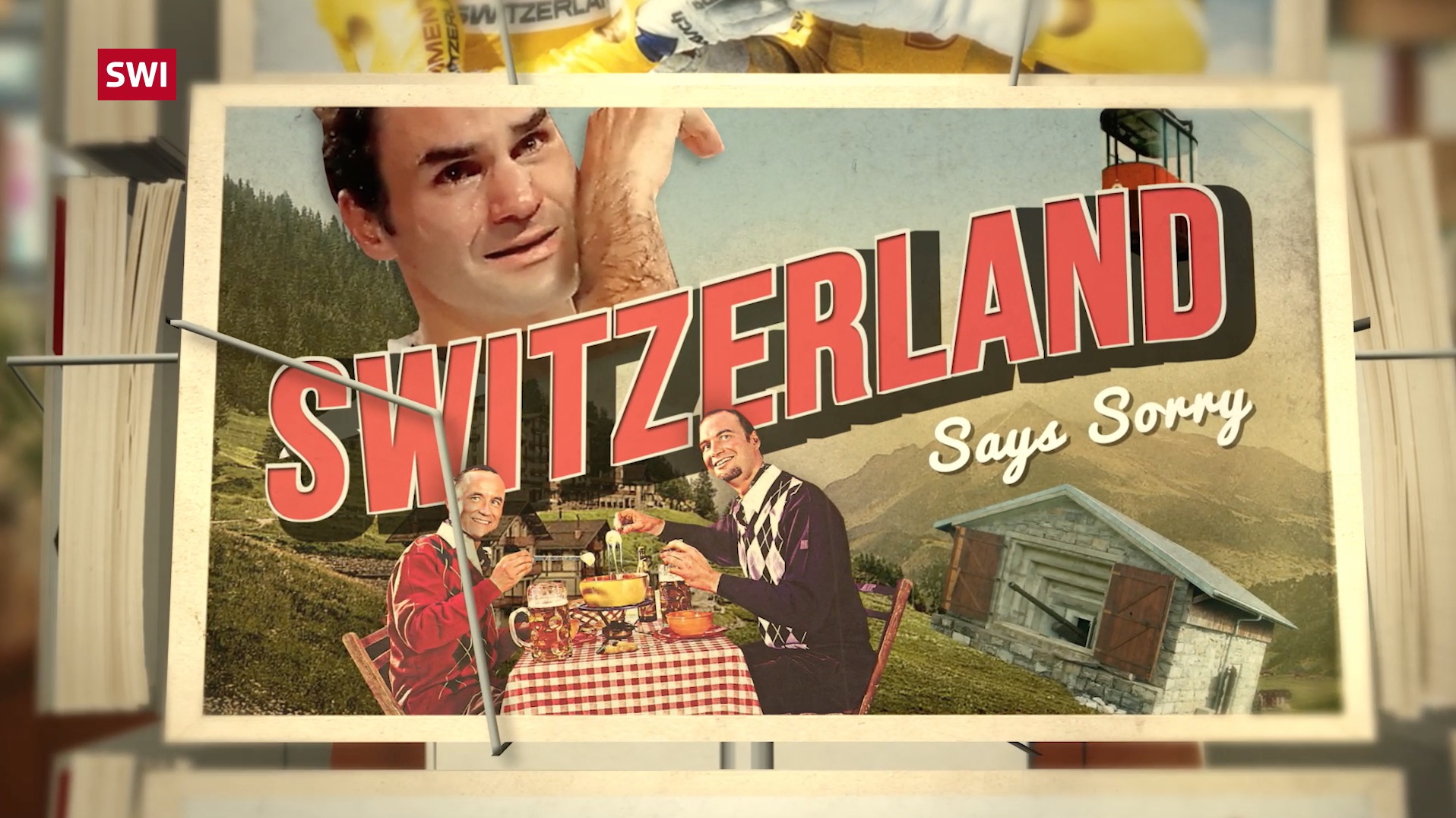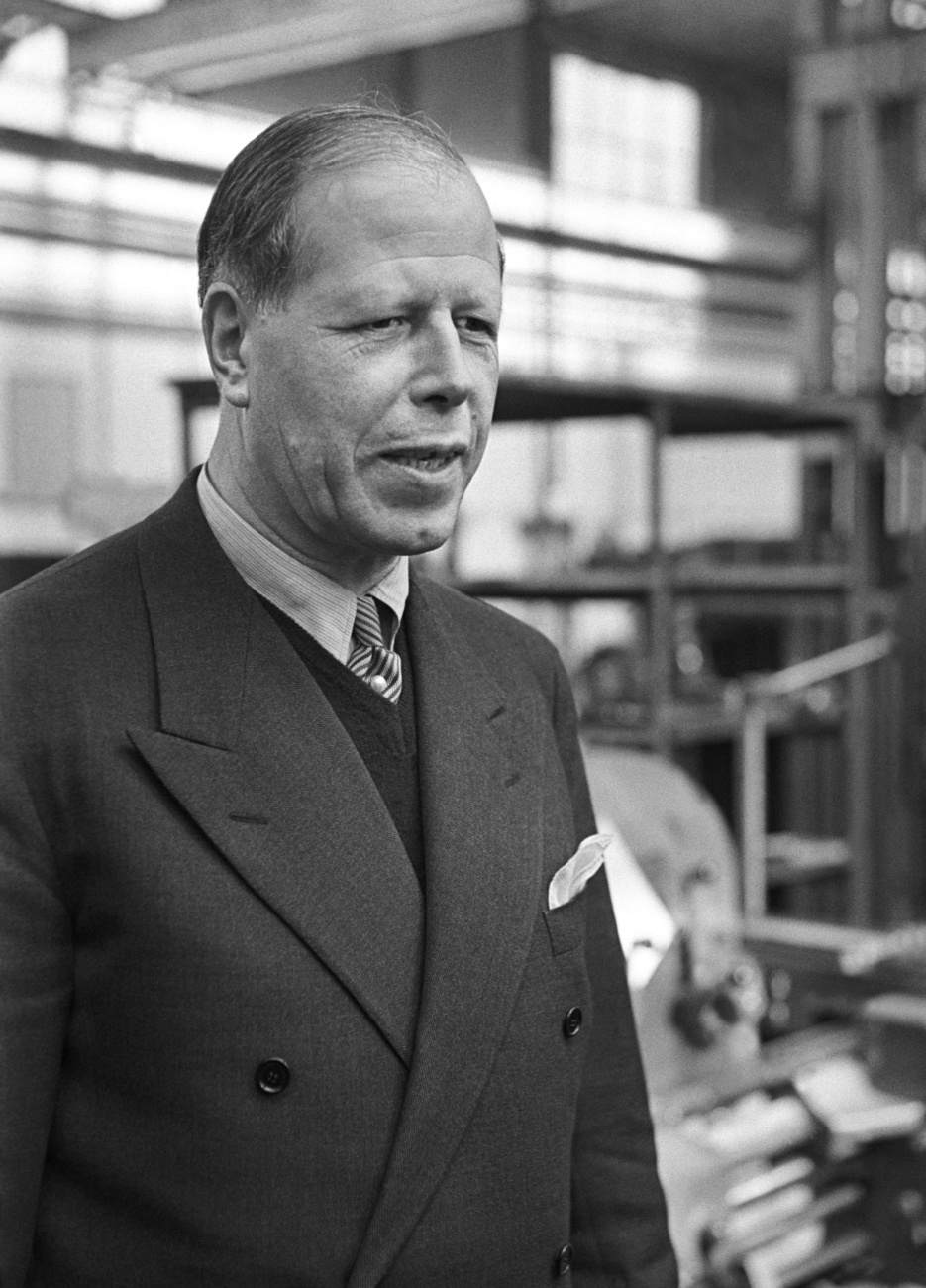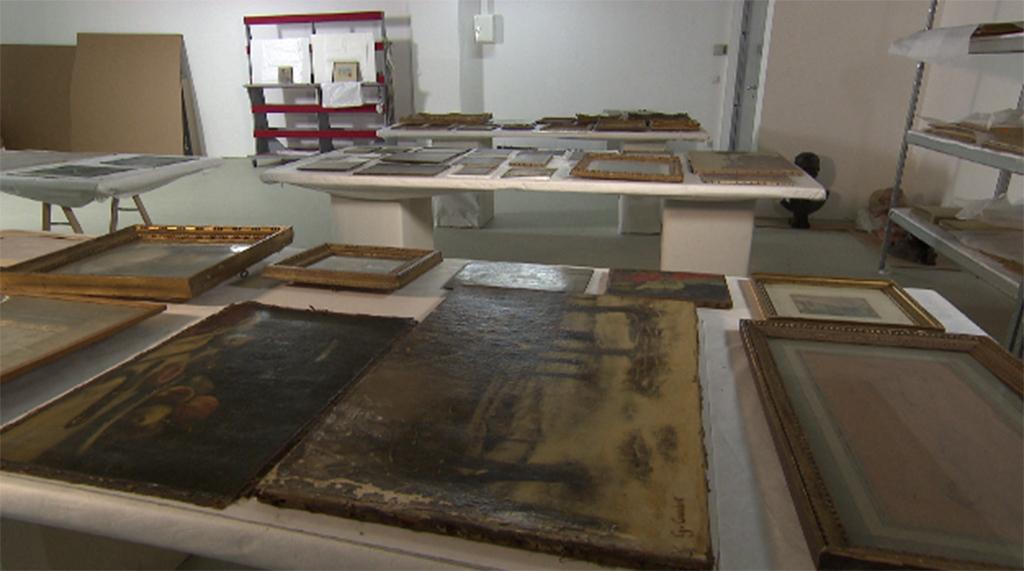
Nazi-linked Bührle art collection hacked

An art collective has hacked into the controversial Bührle Collection exhibition at the Kunsthaus Zurich museum. It replaced written information accessible to visitors by QR code with critical comments about the provenance of the works on display.
Four QR codesExternal link were manipulated, said museum spokesman Björn Quellenberg, confirming a reportExternal link on Tuesday by Swiss public radio, SRF.
These codes do not take readers to the provenance research carried out by the Bührle Foundation, but to the online site of the KKKK art collective, which hacked them. The hacking was discovered at the weekend.
For example, the pirated QR code for Cézanne’s “Boy in the Red Waistcoat” links to a commentary denouncing the fact that Emil Bührle profited twice from the Nazi regime: he made a fortune from his arms dealings with Nazi Germany and also took advantage of the distress of Jewish art collectors, persecuted by the Nazis, to build up his own collectionExternal link.
Historians do not dispute this version of events. However, the Kunsthaus has never presented them so clearly.

More
Switzerland says sorry!
In addition to the Cézanne painting, KKKK lists four other paintings and their stories on its websiteExternal link. With the help of sources, the collective shows how these works came to be in the Bührle collection. It compares this research with the museum’s own communication via QR codes.
The Kunsthaus has repeatedly been criticised for not providing sufficient information about the Bührle Collection’s problematic past. According to SRF, the KKKK collective comprises artists and journalists, two of whom have already written for the weekly magazine WOZ on the subject of sensitive provenance.
An independent panel of historians has previously called the situation at the Kunsthaus Zurich an “affront” to victims of Nazi looting.

More
Nazi-looted art: Is the Kunsthaus Zurich a ‘tainted museum’?
Exhibition to be revisited
In March, the museum introduced a new provenance research strategy for works in the Bührle Collection. An independent international commission of experts is taking part in this work. A systematic and in-depth examination of the collection is currently underway.
From November 3, the Kunsthaus will present a new overview of the controversial collection. It will focus on the historical context and take a critical look at the collection, made up of 203 works.
Quellenberg said the Kunsthaus was actively seeking contact with the KKKK collective. As part of the exhibition, there will “possibly” be an opportunity to discuss the positions of these and other activists, he said.
Emil G. Bührle, who died in 1956, became one of Switzerland’s richest men by selling arms – to Nazi Germany in particular. His collection of art has been on permanent loan to the Kunsthaus Zurich since 2021.

More
‘There’s a lot of Nazi-looted art in Switzerland’

In compliance with the JTI standards
More: SWI swissinfo.ch certified by the Journalism Trust Initiative





























You can find an overview of ongoing debates with our journalists here . Please join us!
If you want to start a conversation about a topic raised in this article or want to report factual errors, email us at english@swissinfo.ch.